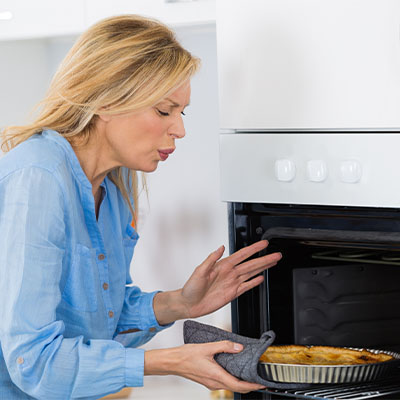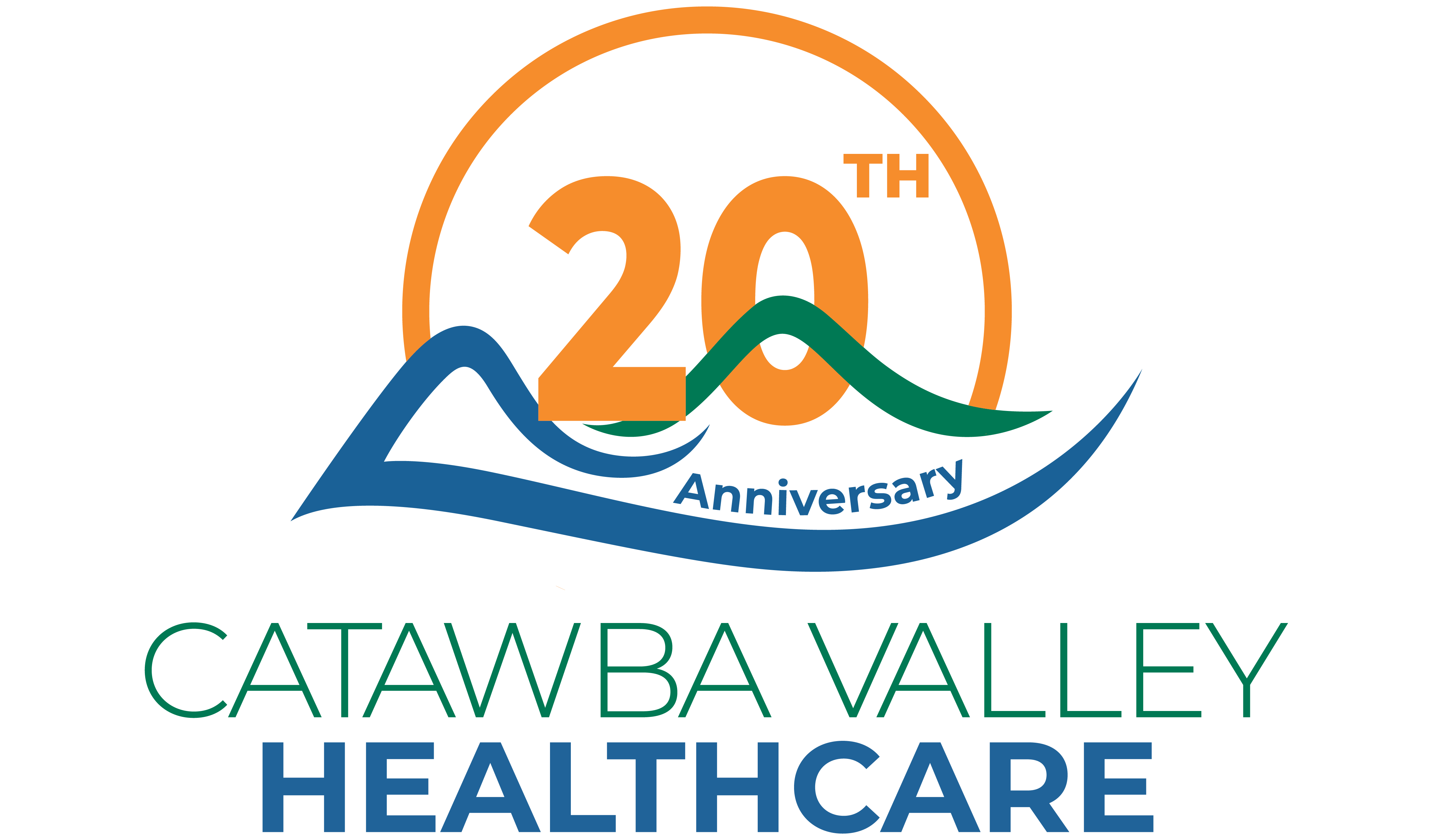Minor Burns
Minor Burns
A burn is tissue damage caused by intense heat, overexposure to the sun, or other forms of radiation, chemical contact, or electrical contact. Burns can be minor medical problems or life-threatening emergencies. Sunburns, for example, and small scalds from hot water are usually treatable at home. But deep or widespread burns need immediate attention.
The seriousness of burns are categorized as follows:
- 1st-degree burns are minor burns affecting only the outer layer of the skin (epidermis), causing redness and pain.
- 2nd-degree burns affect both the epidermis and the second layer of skin (dermis). A 2nd-degree burn may cause swelling and red, white, or splotchy skin with developing blisters and severe pain.
- 3rd-degree burns reach the fat layer beneath the skin, and burned areas may be black, brown, or white. Third-degree burns can destroy nerves, causing numbness.

Seek emergency medical assistance for:
- Burns that cover the hands, feet, face, groin, buttocks, a major joint, or a large area of the body
- Burns that have patches of black, brown, or white
- Burns that affect all layers of the skin or deeper tissues (a.k.a. deep burns)
- Burns that cause the skin to look leathery
- Burns caused by electrical shock
- Burns caused by chemicals such as strong acids, lye, gasoline, paint thinner
- Burns that cause difficulty breathing
If you have treated a minor burn, such as a hot water or stove burn, at home yourself with cooling ice and a protective covering, be sure to call your provider if you experience:
- Signs of infection, such as oozing from the wound, increased pain, redness, and swelling
- A blister that is large or does not heal in two weeks
- New symptoms
- Significant scarring
Avoid Burn Risks
Always be attentive to burn risks inside and outside the home, including stoves, electrical outlets, irons, overheated tap water, fireplaces, superheated materials or chemicals in the garage.
Our providers are here for minor burn treatments. Call us today at (828) 695-5900.
